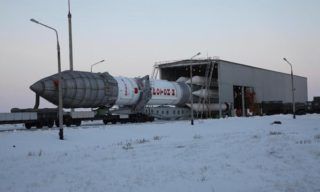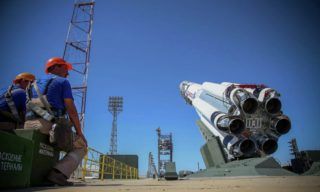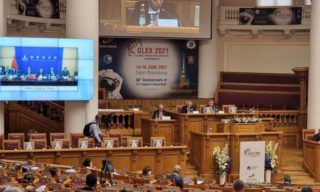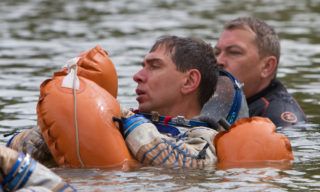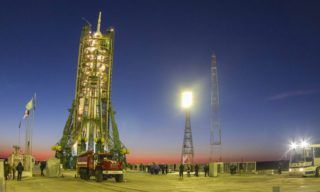On June 16 NASA astronaut Kathleen Rubins was officially introduced to GCTC specialists and authorities.
The astronaut was appointed to the position of ISS-48/49 flight engineer. The crew’s launch to the ISS was planned for 2016. Kathleen Rubins will have trainings in GCTC including Soyuz TMA-M manned spacecraft and Russian ISS segment design and systems study. GCTC specialists will arrange for her survival trainings as well. Besides the astronaut will study some elements of medico-biological trainings and learn the Russian language. Preflight training will end with examination session and complex examinational trainings.
General information: Kathleen Rubins became astronaut candidate in August 2009. Since then and up to November 2011 she had been passing general space trainings including scientific and technical lessons, ISS system studies, EVA and robotics trainings, psychological trainings, flights onboard training aircraft, survival trainings in water and desert conditions. Upon completion of the training course Kathleen Rubins received the qualification of ISS astronaut.





